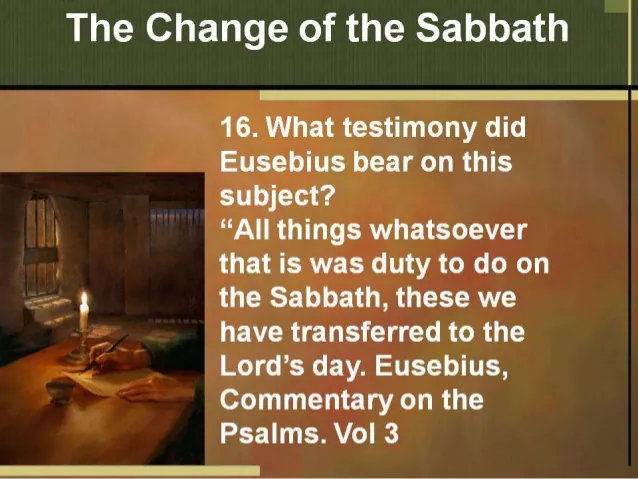Revelation 1:9 "I John, who also am your brother, and companion in tribulation, and in the kingdom and patience of Jesus Christ, was in the isle that is called Patmos, for the word of God, and for the testimony of Jesus Christ."
When the Son of man shall come in his glory, and all the holy angels with him, then shall he sit upon the throne of his glory: And before him shall be gathered all nations: and he shall separate them one from another, as a shepherd divideth his sheep from the goats And he shall set the sheep on his right hand, but the goats on the left. Then shall the King say unto them on his right hand, Come, ye blessed of my Father, inherit the kingdom prepared for you from the foundation of the world: (Mat 25:31-34)
In my Father's house are many mansions: if it were not so, I would have told you. I go to prepare a place for you. And if I go and prepare a place for you, I will come again, and receive you unto myself; that where I am, there ye may be also. (John 14:2-3)
"I John, who also am your brother, and companion in tribulation, and in the kingdom and patience of Jesus Christ, was in the isle that is called Patmos, for the word of God, and for the testimony of Jesus Christ." It is through one who is "a brother and companion in tribulation" that Christ reveals to his people the fearful conflicts which they must meet before his second coming. Before the scenes of their bitter struggle are opened to them, they are reminded that their brethren also have drunk of the cup and been baptized with the baptism. He who sustained these early witnesses to the truth will not forsake his people in the final conflict. It was in a time of fierce persecution and great darkness, when Satan seemed to triumph over the faithful witnesses for God, that John in his old age was sentenced to banishment. He was separated from his companions in the faith, and cut off from his labors in the gospel; but he was not separated from the presence of God. The desolate place of his exile proved to him the gate of heaven. {HM November 1, 1893, Art. B, par. 2}
Rev 1:10 "I was in the Spirit on the Lord's day, and heard behind me a great voice, as of a trumpet,"
Another controversial verse, Adventist would say Saturday, while most Christians would say Sunday.

Royal edicts, general councils, and church ordinances sustained by secular power were the steps by which the pagan festival attained its position of honor in the Christian world. The first public measure enforcing Sunday observance was the law enacted by Constantine. (A.D. 321) This edict required townspeople to rest on "the venerable day of the sun," but permitted countrymen to continue their agricultural pursuits. Though virtually a heathen statute, it was enforced by the emperor after his nominal acceptance of Christianity. The royal mandate not proving a sufficient substitute for divine authority, Eusebius, a bishop who sought the favor of princes, and who was the special friend and flatterer of Constantine, advanced the claim that Christ had transferred the Sabbath to Sunday. Not a single testimony of the Scriptures was produced in proof of the new doctrine. Eusebius himself unwittingly acknowledges its falsity and points to the real authors of the change. "All things," he says, "whatever that it was duty to do on the Sabbath, these we have transferred to the Lord's Day." - Robert Cox, Sabbath Laws and Sabbath Duties, page 538. But the Sunday argument, groundless as it was, served to embolden men in trampling upon the Sabbath of the Lord. All who desired to be honored by the world accepted the popular festival. {DD 25.3}